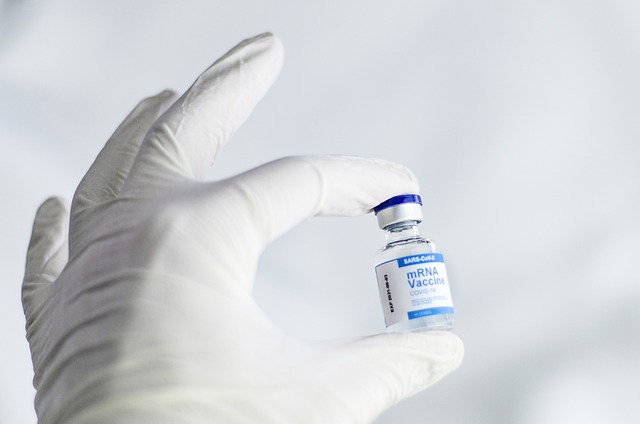I was recently asked about the use of vaccines and adalimumab (Humira). More specifically, can we give vaccines if the patient is taking a biologic agent like adalimumab? It isn’t a simple yes or no answer as it depends upon the type of vaccine. More specifically, when addressing the use of vaccines and adalimumab, the first piece of information to know is whether we are talking about a live or inactivated vaccine.
Vaccines and Adalimumab
Rheumatic and musculoskeletal diseases and the immunomodulating therapies used to treat them increase a patient’s risk of contracting vaccine-preventable infections. If possible, it is generally recommended that patients prescribed adalimumab or another DMARD receive all indicated vaccinations before initiating DMARD therapy. However, non-live vaccinations are generally found to be safe and effective when administered concurrently with Humira. For example, clinical trials show no difference in anti-pneumococcal antibody response between patients treated with Humira and those receiving placebo following concurrent pneumococcal polysaccharide and influenza vaccination. Patients with RMDs receiving immunomodulating therapies may even qualify for expanded indications of specific vaccinations, such as influenza, pneumococcal, recombinant VZV, and HPV.
Live Vaccines and Humira
Per the FDA labeling, patients on Humira should not receive live vaccinations. The concern here is that these patients may develop vaccine-associated infections, but the evidence is mixed. There is some data from an RCT reporting no cases of varicella infection in either the vaccine or placebo groups during the 1-year follow-up of patients with RMDs taking TNF blockers who received the live attenuated VZV vaccine. Though this finding is reassuring, the total number of RMD patients who have been studied is small, so larger, more robust studies are needed. Of course, there may be cases in which live vaccines are indicated and the benefits of receiving vaccination may outweigh the risks. In these situations, the 2022 American College of Rheumatology Guideline for Vaccinations in Patients With Rheumatic and Musculoskeletal Diseases recommends Humira be held for 1 dosing interval before (e.g., 2 weeks even if a patient is receiving once-weekly Humira injections) and 4 weeks after live vaccine administration.
When considering the use of vaccines and adalimumab, it is ideal to think about vaccination status prior to prescribing and dispensing. If a patient is already taking adalimumab or another biologic, the type of vaccine needs to be assessed (i.e. live or inactivated) as well as the risk versus benefit of vaccination.
- 30 medication mistakes PDF
- 18+ Page Drug Interaction PDF
- 10 Commandments of Polypharmacy Webinar based on my experiences in clinical practice
This article was written by Kaitlyn Nichols, PharmD Candidate in collaboration with Eric Christianson, PharmD, BCPS, BCGP



0 Comments